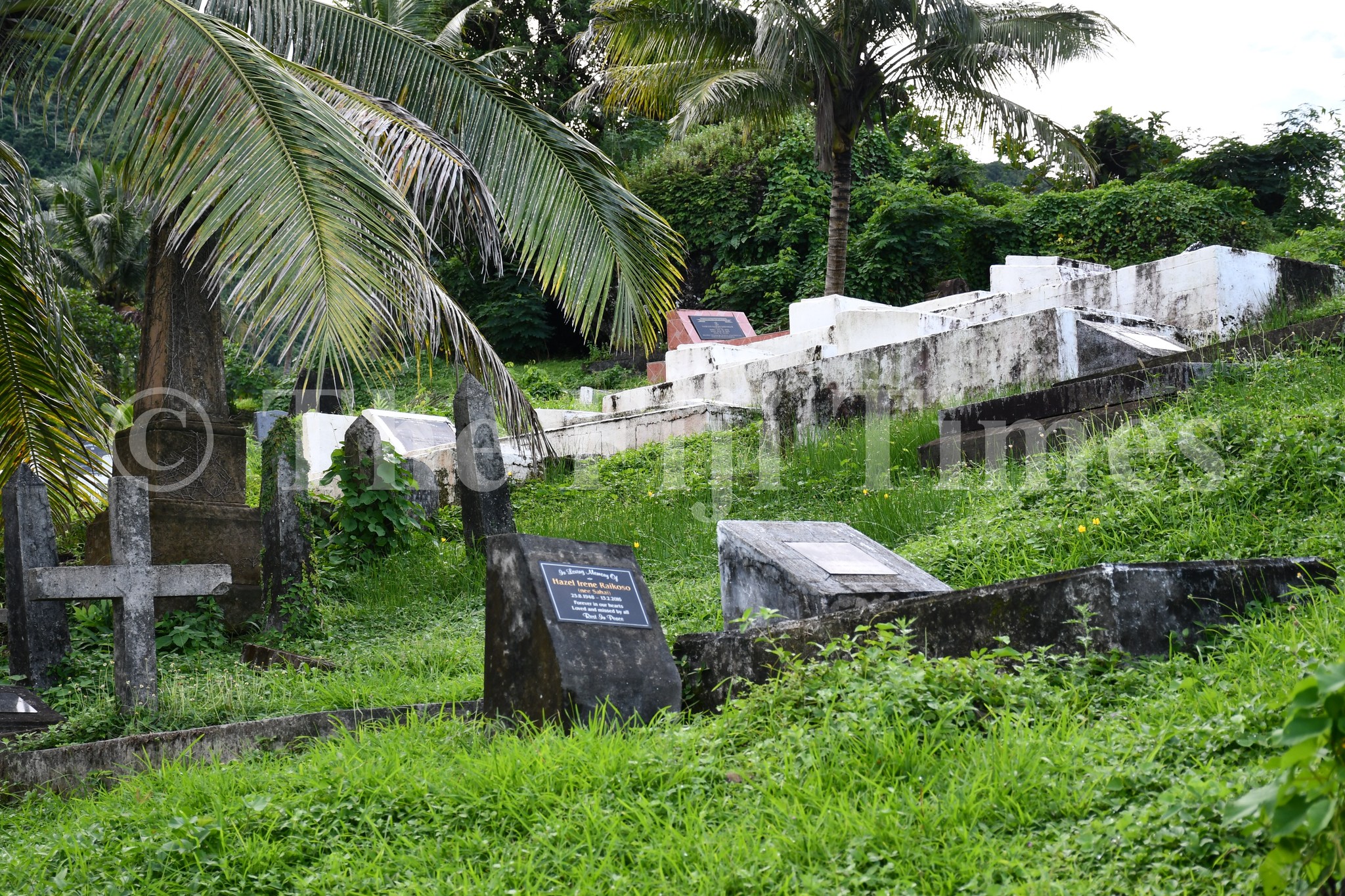Deputy Commissioner of Corrections Auta Moceisuva has warned that burial spaces in Suva and Nasinu are rapidly running out, describing the situation as a growing public concern.
And he told the Standing Committee on Justice, Law and Human Rights that landowners near major towns such as Suva and Lautoka were increasingly reluctant to release land for burials because it reduced surrounding property values.
“One good example is in Balawa (Lautoka), which sits in a prime residential area but is not attractive to the public because of the burial ground,” he said.
He added that identifying long-term burial land solutions remained a pressing public concern requiring collaboration between the government, TLTB, and landowners.
Speaking before the Standing Committee on Justice, Law and Human Rights on the Burial and Cremation (Amendment) Act 2025, Mr Moceisuva said the Fiji Corrections Service had already raised its concerns with the Ministry of Justice.
“As we speak now, we have raised our concern with the Ministry and the Minister because the land areas allocated for burial are quickly diminishing due to the high number of deceased brought to us for burial,” he said.
He said the Corrections Service currently handles an average of 10 to 12 burials a day, mainly at the Suva, Tavakubu, and Nasinu cemeteries.
“For the Suva Cemetery, the extension area on the hill is also quickly diminishing. Once that is used up, the whole area allocated for burial will be exhausted.”
He said the Vatuwaqa cemetery had been closed for new burials unless reopened after 14 years.
In Nasinu, a small section near the new cremation site is being developed using a $2.5 million government budget allocation.
“Excavation work will take place there soon, but based on our projections, the area in Nasinu will be fully exhausted within the next 15 years,” he warned.
Mr Moceisuva said an urgent solution was needed to address the shortage of burial land, calling it “a public area of concern that requires immediate attention.”



